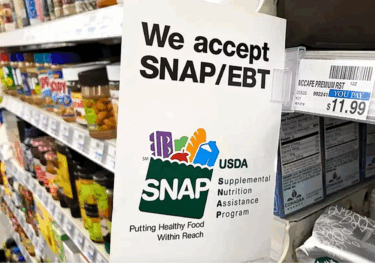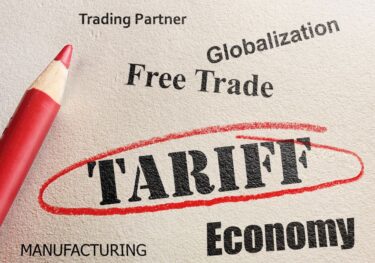Climate Change and Food Prices in Southeast Asia: 2024 Update
Commissioned by ASEAN Food and Beverage Alliance (AFBA) and Food Industry Asia (FIA)

In 2022, Oxford Economics published our first joint report with Food Industry Asia (FIA) on climate change and food prices in ASEAN countries. In this new report, we extend our previous analyses for more countries and over a longer time frame.
We find that a 1% increase in the average temperature raises food producer prices by 1-2% across Thailand, Vietnam, Malaysia, Indonesia, and the Philippines. Our analysis also suggest that food production costs would rise by 31-59% in a scenario in which the world achieves net zero emissions by 2050, compared to the current baseline (in which credibly announced policies are carried through).
The impact of physical and transition risks on food prices calls for ASEAN governments to protect consumers and ease the impact of climate transition. The good news is that ASEAN policymakers are facing a golden opportunity to leverage rising foreign direct investment inflows to the region to upgrade its food sector. In 2022, the region accounted for more than a third of global FDI inflows, up from just one fourth in 2012.
Furthermore, the report makes an economic case for global cooperation to ease the cost of transition for ASEAN food producers. ASEAN accounted for 9.1% of global food exports in 2021, up from 6.6% in 2000. This highlights ASEAN’s increasing importance in safeguarding global food security and avoiding a cost-of-living crisis.
The experts behind the research
Our Macro Consulting team are world leaders in quantitative economic analysis, working with clients around the globe and across sectors to build models, forecast markets and evaluate interventions using state-of-the art techniques. Lead consultants on this project were:

Thang Nguyen-Quoc
Lead Economist, Macro Consulting

Theng Theng Tan
Economist, Macro Consulting
Tags:
Related reports

US Medicaid cuts will hit some states harder than others
Millions are expected to lose coverage due to new eligibility rules and the expiration of premium subsidies.
Find Out More
SNAP cuts will deal a blow to low-income households in the US
The budget reconciliation bill (OBBBA) ushers in significant cuts to the federal government's nutrition assistance program, or SNAP, that will fall the hardest on lowest-income households.
Find Out More
Why UK interest rate cuts remain a blunt tool
The Bank of England's Monetary Policy Committee has delivered 100bps of rate cuts since its easing cycle began in August 2024.
Find Out More
What are tariffs good for?
We built a forward-looking framework for analyzing how US tariffs achieve or undermine the various goals touted by policymakers.
Find Out More